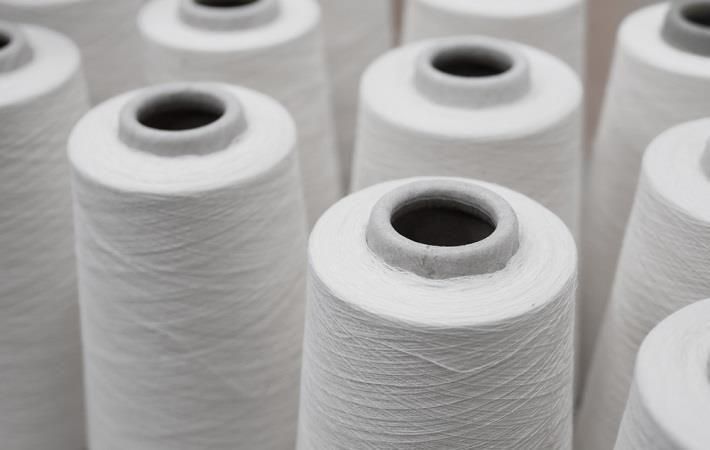The All Pakistan Textile Mills Association (APTMA) and the Pakistan Hosiery Manufacturers and Exporters Association (PHMA) have reportedly crossed swords over the duty-free import of cotton yarn, with the latter demanding abolition of customs and regulatory duties on such imports, saying the raw material was unavailable for domestic apparel and home textile sectors.
Former PHMA chairman Shahzad Azam told a Pakistani media outlet that while the spinning sector is allowed to import cotton free of duty, the apparel and home textile sectors were not allowed the same, which is a discriminatory practice.The All Pakistan Textile Mills Association and the Pakistan Hosiery Manufacturers and Exporters Association have reportedly crossed swords over the duty-free import of cotton yarn, with the latter demanding abolition of customs and regulatory duties on such imports, saying the raw material was unavailable for domestic apparel and home textile sectors.#
The former PHMA chairman accused spinning millers of forming a cartel and blackmailing them hosiery manufacturers by selling cotton yarn at higher rates. “Why should we buy expensive cotton yarn from them when we can import it at cheaper rates?” he questioned.
Meanwhile, according to APTMA Punjab chairman Abdul Rahim Nasir, there is no shortage of cotton yarn in Pakistan. In fact, the import of cotton yarn during the first quarter of fiscal 2019-20 was 11,047 tonnes, while it rose to 13,976 tonnes in the first quarter of fiscal 2020-21, showing a rise of 27 per cent, he said.
In addition, yarn exports have also reduced significantly, signifying an enhanced supply to further processing and value addition in the country, Nasir said.
He said the apparent ‘shortage’ being touted was based on commercial considerations that have affected the price of yarn worldwide.
The APTMA official stated the notion that Pakistani exports would miss Christmas orders due to a ‘shortage of yarn’ is false as manufacturing and shipping procedures require at least three to four months, a timeframe which has long passed.
The real issue is rooted in incorrect export pricing and misplaced expectations on the exchange rate, he added.
Fibre2Fashion News Desk (DS)
